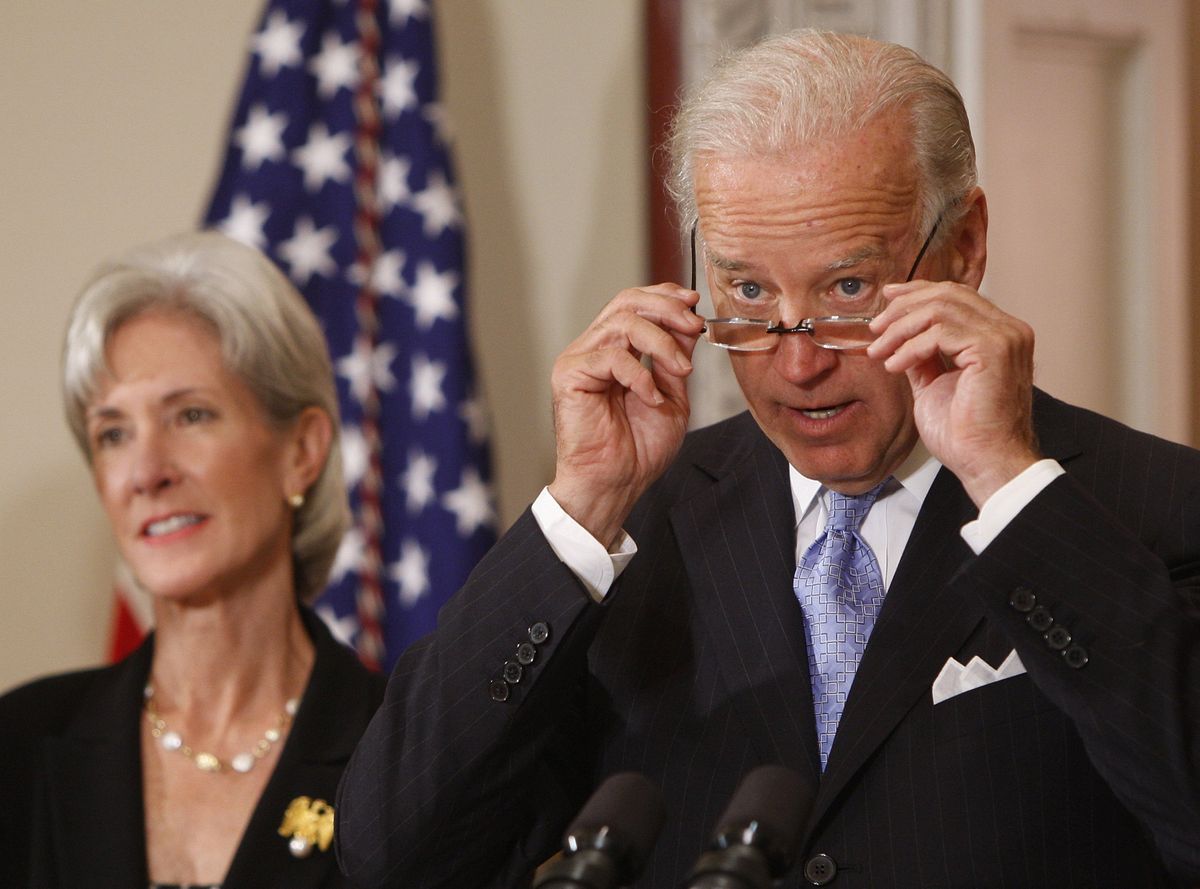Discord over health care may jeopardize reform

WASHINGTON – The Obama administration, hoping to boost its health-reform effort with financial concessions from the hospital and pharmaceutical industries, is instead confronting dissension within Democratic ranks and possible defections among key constituencies.
Rep. Henry Waxman, D-Calif., lead House architect of the landmark health legislation, warned Wednesday that he is not obligated to abide by deals struck recently by the White House, Senate Finance Committee, industry executives and interest groups such as AARP.
“The White House is not bound. They tell us they’re not bound by that agreement,” Waxman, the chairman of the House Energy and Commerce Committee, said at a National Journal breakfast. “We’re certainly not bound by that agreement. The White House was involved, and we were not.”
Waxman’s comments came amid other warning signs for the administration, including a slipping timetable in the Senate, internal division in the hospital industry and mounting tensions between AARP and the pharmaceutical industry that threaten a detente between the two negotiated last month by the White House.
Medicare
From the outset, Obama has declined to dictate the details of a health care bill to Congress, but he and his advisers have worked aggressively to shape its parameters and build political support. At the core of their strategy has been a series of side agreements aimed at extracting revenue, neutralizing potential adversaries and signaling to lawmakers that when the difficult votes come, they will have industry support.
Wednesday, Vice President Joe Biden trumpeted an agreement by the nation’s hospitals to contribute $155 billion to the cost of health reform, but it was quickly undermined by skepticism in the industry.
Two public hospital systems left out of the talks suggested the reductions “could severely damage” hospitals that serve the poor. American Hospital Association representatives also were raising objections internally to the deal’s across-the-board Medicare cuts.
The White House campaign to disarm industry began two months ago with an announcement by six interest groups – including doctors, insurers and organized labor – that they would “do their part” to slow the rate of growth of health care spending by 1.5 percentage points a year.
Next came a proffer of $80 billion by the drug industry’s Pharmaceutical Research and Manufacturers Association, or PhRMA. Drug companies pledged to increase rebates to the federal government and provide 50 percent discounts on prescription medications for seniors who fall into Medicare’s “doughnut hole.” Once seniors pass their initial coverage limit, they must pay 100 percent of the cost of prescription drugs before they reach the threshold of catastrophic coverage.
Enticed by the savings for seniors, AARP, with its 40 million members, blessed the deal with the drug industry in a photo opportunity at the White House with Obama.
But both sides now make clear that the accord was on the single issue of the Medicare drug discount, and they remain far part on other issues.
In a private meeting at the White House on Tuesday, the chief executive officers of five pharmaceutical companies informed Chief of Staff Rahm Emanuel and White House health czar Nancy-Ann DeParle that they have serious concerns about proposals to permit the purchase of imported medications and on regulations on generic biologic drugs, Tauzin said.
Pushing back
The administration had expected a good-news bump Wednesday from Biden’s event with the hospitals. But several state hospital lobbyists formed the “Value Coalition” to push back against a one-size-fits-all deal.
In a document distributed to the 50 state associations that make up the American Hospital Association, the group argues for a different approach.
“America’s hospitals and the communities they serve are very concerned about any proposal that relies on payment cuts as the primary means by which to fund reform efforts,” the document says.
Instead, it argues for an “incentive” system that rewards – not penalizes – hospitals that have already cut costs.